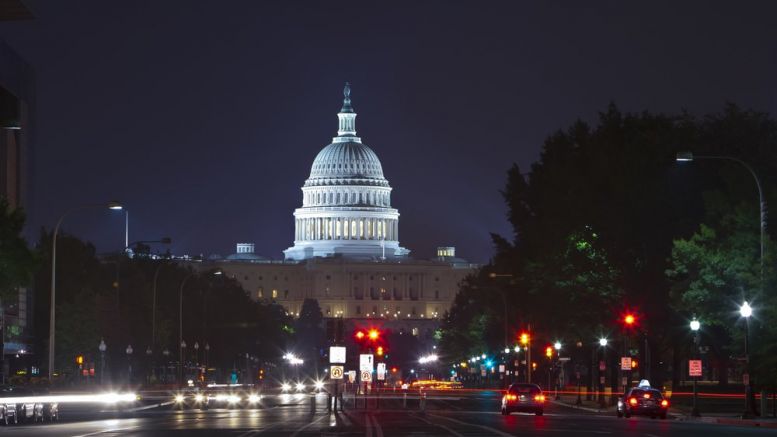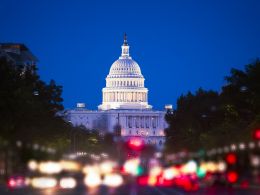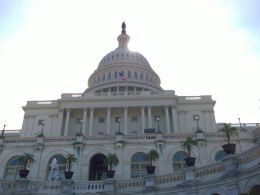
Congressional Blockchain Caucus Launches in Washington
The bipartisan Congressional Blockchain Caucus, a collaborative effort aiming for a sound regulatory approach toward decentralized technologies including digital currencies, was launched in Washington yesterday. Rep. Jared Polis (D-Colo.) and David Schweikert (R-Ariz.) announced the launch, with the latter replacing Rep. Mick Mulvaney (R-Sc) who is President Trump’s pick to head the Office of Management and Budget, essentially the business division of the Executive Office of the President. First announced in September, the bipartisan congressional member organization focuses on the....
Related News
Coin Center, a Washington D.C.-based non-profit and advocacy center focusing on public policy issues facing bitcoin and blockchain technology has led an effort that now sees the formation of a Congressional caucus focused on studying the innovation. Washington is buying in to Coin Center’s efforts to help policy-makers understand decentralized, open technologies such as the Bitcoin and Ethereum blockchains. In an announcement today, Rep. Mick Mulvaney (R-SC) and Rep. Jared Polis (D-CO) announced the formation of the Congressional Blockchain Caucus. The new caucus – a congressional member....
What is constantly an issue, both now and in the future, is the concept of regulating and understanding blockchain and digital currency technology at a government level. The U.S. Government is taking steps to better understand this industry with their new Congressional Blockchain Caucus. Blockchain Caucus Will Educate Lawmakers. Spearheaded by Rep. Jared Polis (D-Colo.) and David Schweikert (R-Ariz.), this will create a soundboard for future policy creation dealing with blockchain technology and the growing world of digital currency. The term caucus might imply that this might be a one-off....
A year ago, Bitcoin Magazine highlighted the work of U.S. Congress Representative Jared Polis and noted his work meeting with politicians and businesses, promoting the many economy-building possibilities of Bitcoin and, by extension, blockchain technology. A year later, Rep. Polis, a Democrat from Colorado, along with Rep. Mick Mulvaney, a Republican from South Carolina, announced the formation of the first congressional caucus to promote and educate members of Congress, and the general public, about the potential of digital currencies and other blockchain-based technologies. To increase....
Historically, Black and Brown communities have had restricted access to opportunities for generational-wealth building. Crypto offers a chance to redress that balance… but an opaque mess of laws and regulations around crypto services and a prohibition on certain wealth-generation opportunities are standing in the way of that happening.Controversial language in the United States recently enacted infrastructure bill may have unintentionally contributed to that cycle. The document contains broad tax-reporting language directed at brokers. The ambiguity of the term means it could apply to....
Working towards common policy goals will be priority number one where Bitcoin and blockchain are concerned. Getting US Congress to think along the right lines for Bitcoin and blockchain regulation is not an easy feat. Thankfully, there are initiatives such as CoinCenter, which aim to bridge the gap between disruption and government. A bipartisan Blockchain Caucus has been formed, which should help establish a sound policy towards blockchain and cryptocurrency in the US. On paper, the creation of a caucus dedicated to blockchain and cryptocurrency development is a great victory. For quite....





